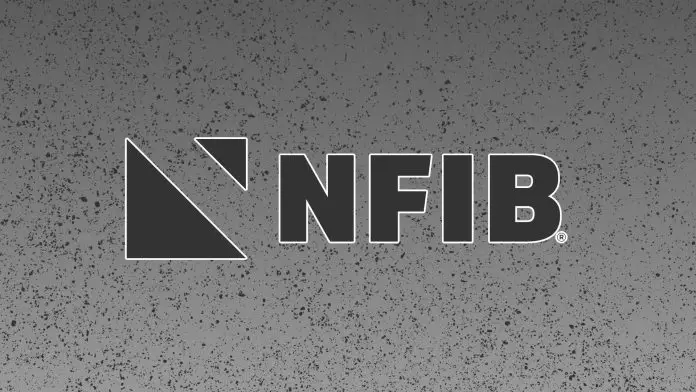In a notable case underscoring the need for vigilance within relief program systems, a Georgia couple has been indicted and arrested for allegedly defrauding the government of over $17 million in COVID-19 relief funds. This incident highlights critical implications for small business owners relying on federal assistance programs that were designed to help them navigate the financially tumultuous waters caused by the pandemic.
According to United States Attorney Gregory W. Kehoe, Earlisha Louis and Somoza Louis, both 44 and residents of Newnan, Georgia, face extensive charges. The duo has been indicted for conspiracy to commit wire fraud and several counts of wire fraud tied to the Small Business Administration’s Economic Injury Disaster Loan (EIDL) and Paycheck Protection Program (PPP). Should they be convicted, each could face a potential 30 years in federal prison for each count.
The couple’s actions involved submitting multiple fraudulent loan applications between April 2020 and June 2021. Following the receipt of one of these loans, it is alleged that Earlisha Louis transferred more than $10,000 out of the fraudulently obtained funds into her personal accounts. These deceptive practices carry severe penalties, including up to 3 years in federal prison for an additional two counts of illegal monetary transactions against Earlisha.
This case serves as a stark reminder of both the opportunity and responsibility that comes with securing government funds. As the COVID-19 pandemic compelled small businesses to seek financial relief, programs such as the EIDL and PPP provided essential support but also became targets for fraudulent activity. The ease of access to these funds, while beneficial for legitimate businesses, has created a landscape where malicious actors can take advantage of the system.
It’s crucial for small business owners to be aware of the potential challenges associated with such federal assistance programs. The fallout from fraudulent claims not only affects the perpetrators but can also strain the systems designed to aid genuine businesses. This can lead to stricter regulations and increased scrutiny of applications, making it imperative for all applicants to ensure accuracy and honesty in their submissions.
The investigation into the Louis’s allegedly fraudulent activities was conducted by the Small Business Administration – Office of Inspector General and the Federal Bureau of Investigation. Their actions have prompted the formation of the COVID-19 Fraud Enforcement Task Force, which aims to enhance the government’s ability to combat pandemic-related fraud. According to the Department of Justice, this task force brings together resources to investigate and prosecute criminal actors while also assisting agencies in efficiently administering relief programs.
Assistant United States Attorney Merrilyn E. Hoenemeyer leads the prosecution of the case, emphasizing the broader implications for maintaining the integrity of relief systems. The task force also works to identify techniques and share insights to bolster fraud prevention, ensuring that relief funds reach those who genuinely need them.
For small business owners, there’s an important takeaway here: as the government continues to provide various assistance programs, maintaining compliance and ethical standards is essential. Engaging in fraudulent practices might seem tempting, but the risks are monumental—not just in terms of legal repercussions but also in the potential loss of vital resources designed to support struggling businesses.
Additionally, business owners who suspect fraudulent activity within their ranks or in their communities are encouraged to report it. The Department of Justice’s National Center for Disaster Fraud provides avenues for individuals to report suspected fraud through their hotline and online complaint forms.
The Louis case exemplifies a critical juncture for small business owners as they navigate the ongoing recovery from the pandemic. Staying informed and vigilant is more necessary than ever to ensure that vital resources remain available for those who play by the rules. For further insights on the Department of Justice’s response to pandemic-related fraud, visit their official website at justice.gov/coronavirus.
Business owners must remain proactive and engage ethically with relief programs, ensuring the sustainability and support of initiatives that can safeguard their future. For more detailed information about the case, you can read the original U.S. Department of Justice press release here.
Image Via BizSugar



